
9.30 - 10.30
Welcome Coffee Networking inside the Urban Sciences Building, Atrium
10.30 - 10.35
10.35 - 11.00
Introduction to Living Textiles and the Context of HBBE
Jane Scott and Martyn Dade-Robertson, Co-Director of the Hub for Biotechnology in the Built Environment (HBBE)
11.00 - 11.15
Opening Provocation: Ghost Ecology
Carole Collet, Design for Sustainable Futures and Director of Maison/0 (Central Saint Martins)
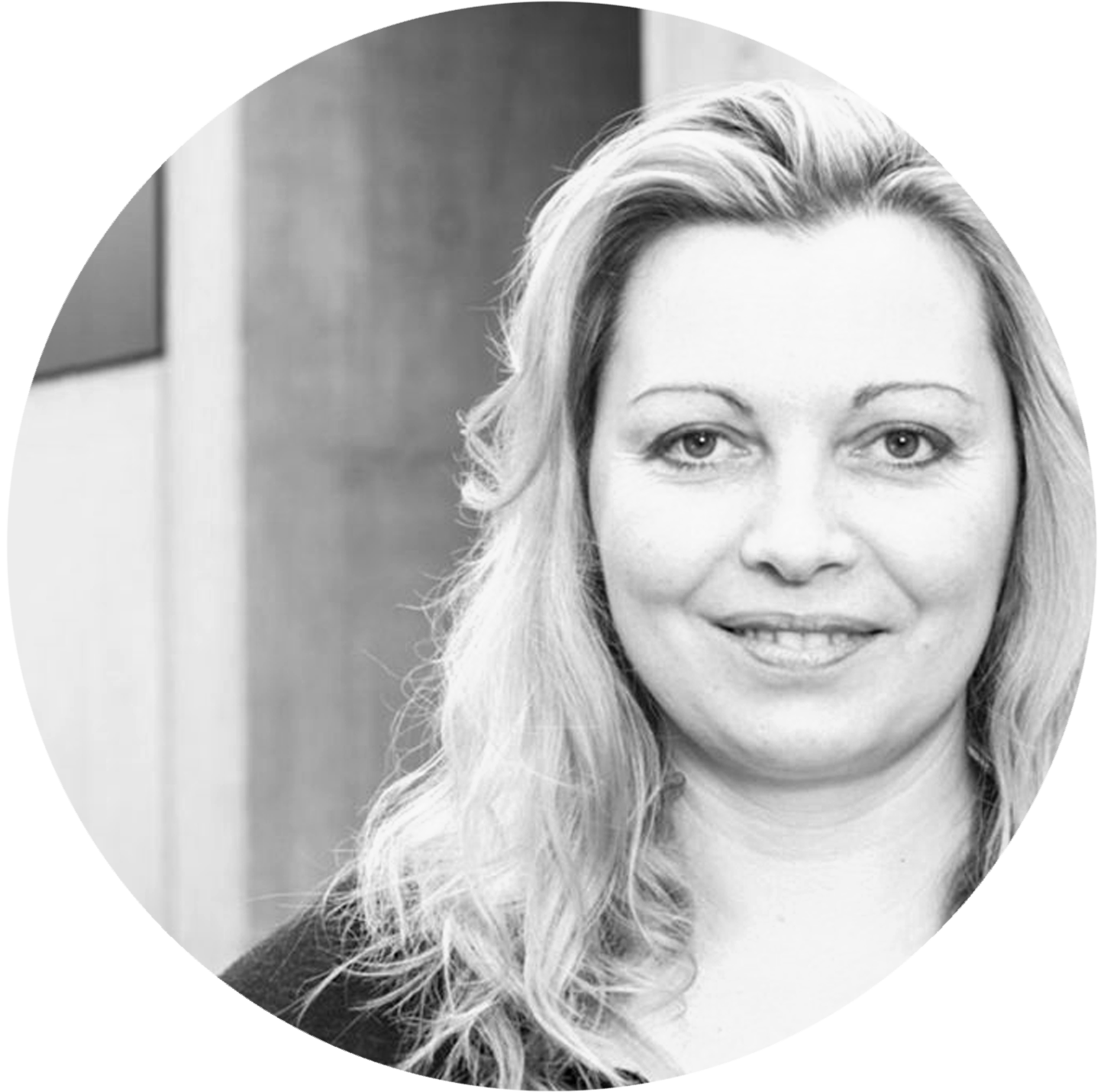
Carole Collet
Design for Sustainable Futures and Director of Maison/0 (Central Saint Martins)
Carole Collet is Professor in Design for Sustainable Futures and Director of Maison/0, the Central Saint Martins - LVMH creative platform for regenerative luxury originally set up in 2017. She is also co-director of the Living Systems Lab Research Group at Central Saint Martins, University of the Arts, London
Carole Collet is Professor in Design for Sustainable Futures and Director of Maison/0, the Central Saint Martins - LVMH creative platform for regenerative luxury originally set up in 2017. She is also co-director of the Living Systems Lab Research Group at Central Saint Martins, University of the Arts, London
Five-minute comfort break
11.20 - 12.40
SESSION 1: RESPONSIVE BIO-TEXTILE HYBRIDS

Angela Sherry - Fibre Highways
Hub for Biotechnology in the Built Environment (HBBE)
Angela Sherry is an Environmental Molecular Microbiologist interested in the function and community composition of microbes in the environment. Her strand of research within the HBBE sits within the Microbial Environments theme, and aims to decipher microbiomes of the built environment to ascertain which microbes are there (microbiome characterisation), how many microbes are there (microbial quantification), what role the microbes are playing (microbial function) and how microbes move (microbial translocation) and interact, in relation to human health and well-being.
Angela Sherry is an Environmental Molecular Microbiologist interested in the function and community composition of microbes in the environment. Her strand of research within the HBBE sits within the Microbial Environments theme, and aims to decipher microbiomes of the built environment to ascertain which microbes are there (microbiome characterisation), how many microbes are there (microbial quantification), what role the microbes are playing (microbial function) and how microbes move (microbial translocation) and interact, in relation to human health and well-being.
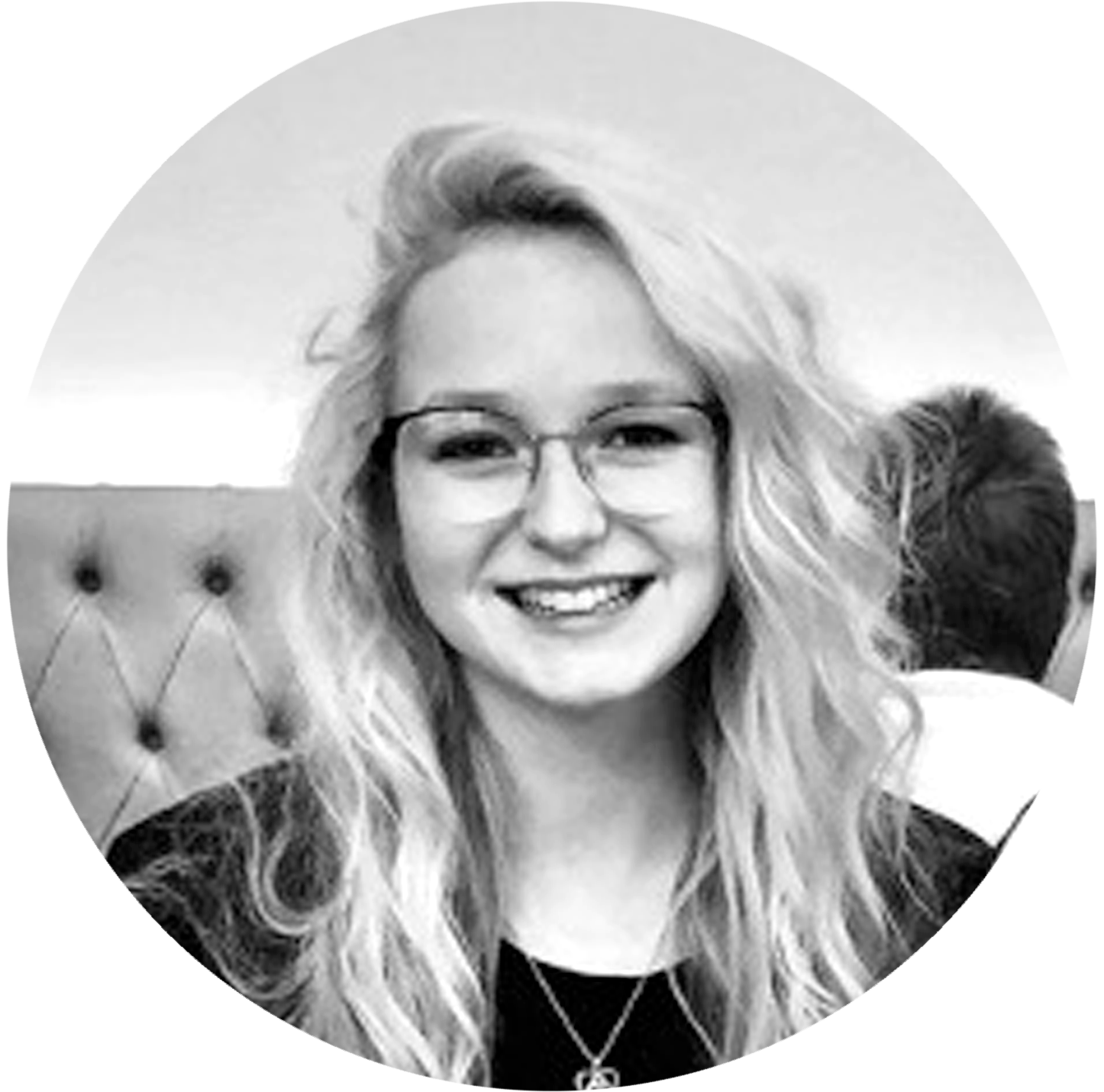
Emily Birch
Hub for Biotechnology in the Built Environment (HBBE)
Emily is a current PhD candidate at Newcastle University in the School of Architecture, Planning, and Landscape, where she is investigating the potential for harnessing moisture sensitive bacterial spores into responsive, hybrid, living smart materials for application in the built environment.
Emily is a current PhD candidate at Newcastle University in the School of Architecture, Planning, and Landscape, where she is investigating the potential for harnessing moisture sensitive bacterial spores into responsive, hybrid, living smart materials for application in the built environment.
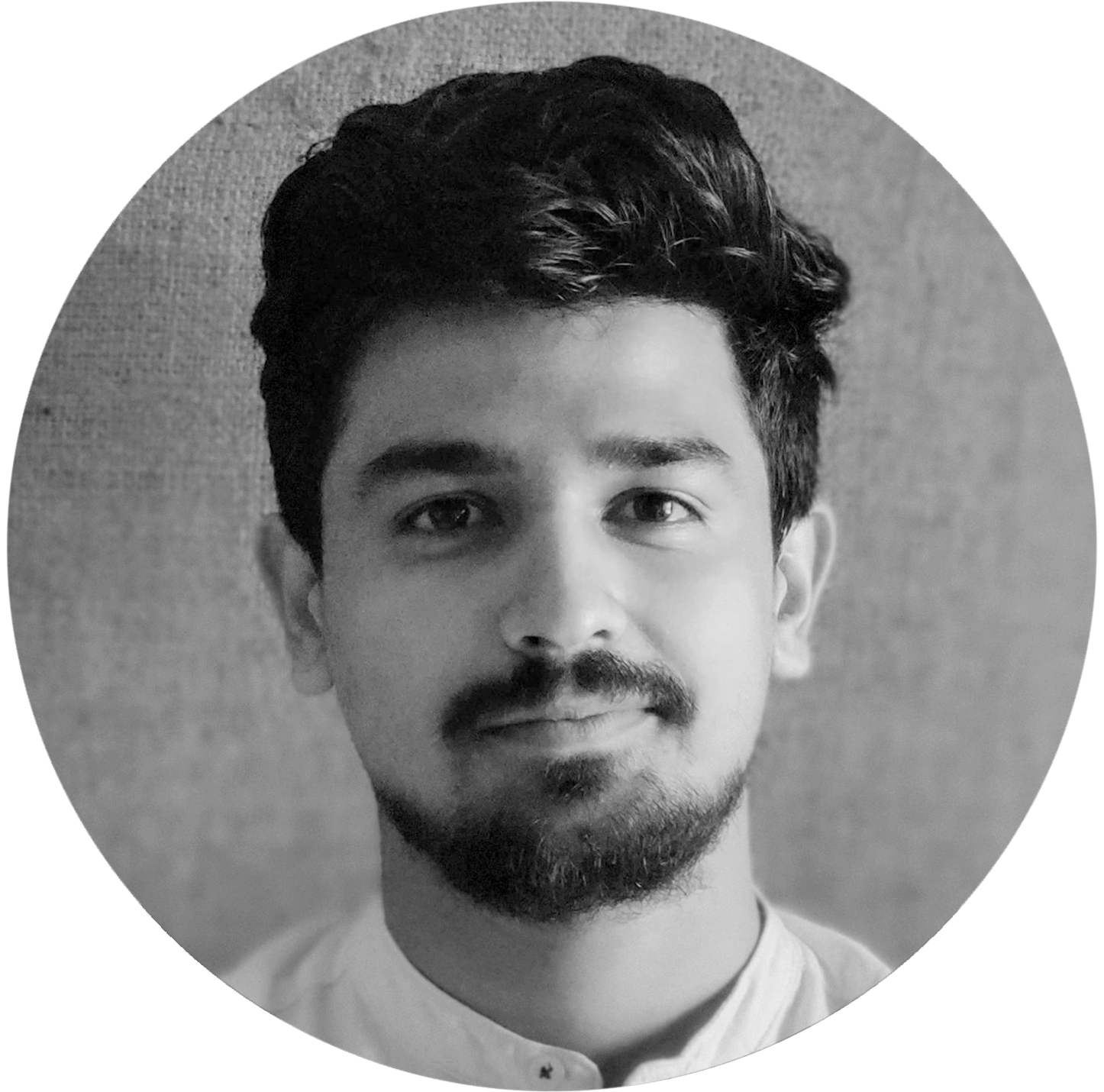
Mangesh Kurund
The Bartlett School of Architecture
Mangesh Kurund is a multidisciplinary designer, with a Masters in Bio-Integrated Design from The Bartlett School of architecture, UCL. As a part of his academic research, he developed a novel hydrophilic carbon-negative substrate material for bio coloration on algal growth and architectural surface applications. He has a background in architecture and professional experience in earth-based architectural practices. He his currently developing new methods to fabricate biomaterials with algae and computationally exploring environmental data-driven design for the digital understanding of bio x architecture.
Mangesh Kurund is a multidisciplinary designer, with a Masters in Bio-Integrated Design from The Bartlett School of architecture, UCL. As a part of his academic research, he developed a novel hydrophilic carbon-negative substrate material for bio coloration on algal growth and architectural surface applications. He has a background in architecture and professional experience in earth-based architectural practices. He his currently developing new methods to fabricate biomaterials with algae and computationally exploring environmental data-driven design for the digital understanding of bio x architecture.
Sixty-minute lunch break
13.40 - 14.40
SESSION 2: ENGINEERING BIOLOGY FOR FUTURE TEXTILES
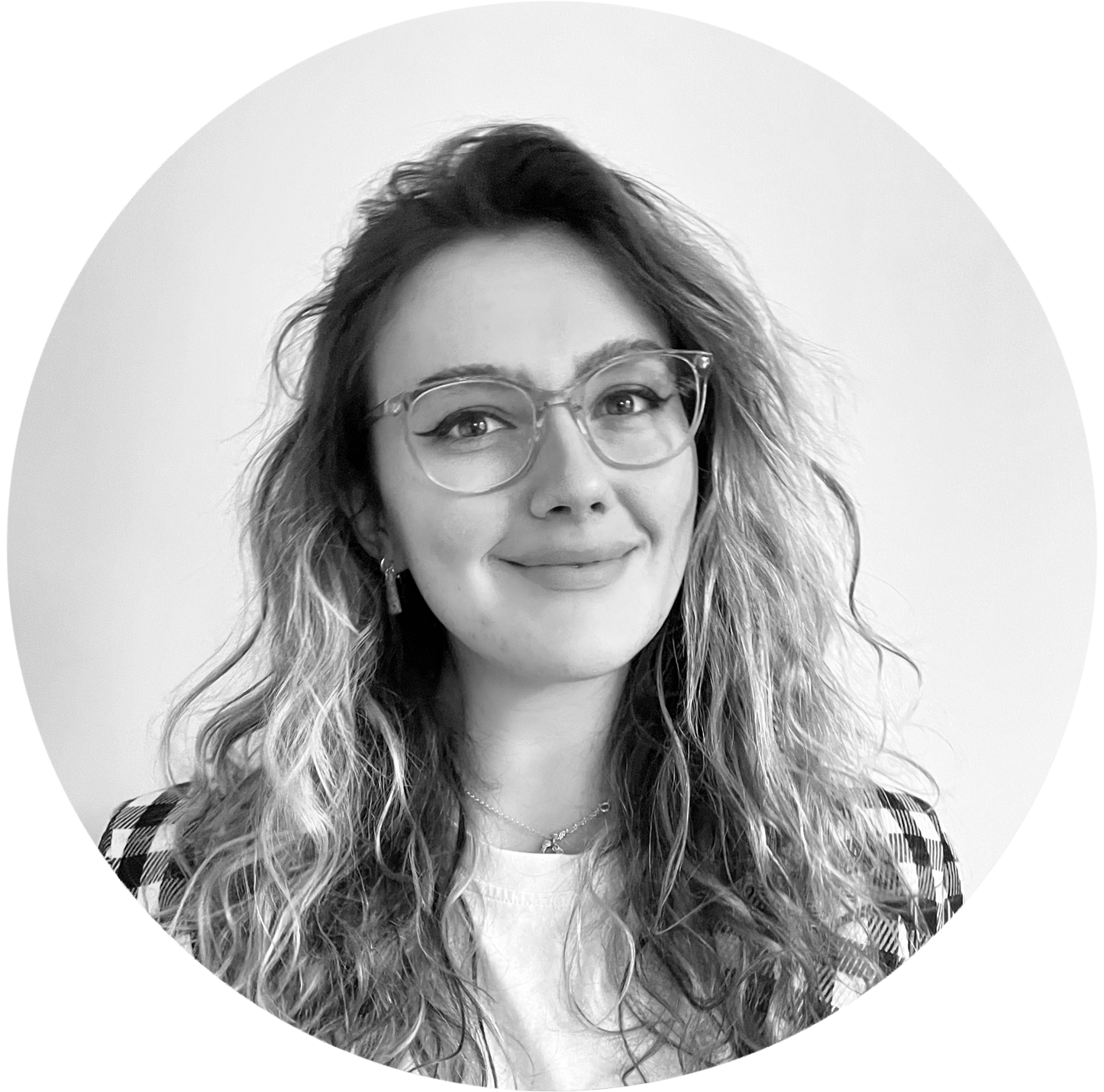
Roberta Morrow
Royal College of Art
Roberta’s research targets the demand for sustainable material innovation by exploring design, biology and textile manufacturing. Her approach to new manufacturing routes for bio-textiles focuses on utalizing craft knowledge and material exploration; by doing so, core understanding of material characteristics can be explored to design sustainable textile manufacturing . Roberta is currently a Postdoctoral Researcher at the Royal Collage of Art working closely with York University.
Roberta’s research targets the demand for sustainable material innovation by exploring design, biology and textile manufacturing. Her approach to new manufacturing routes for bio-textiles focuses on utalizing craft knowledge and material exploration; by doing so, core understanding of material characteristics can be explored to design sustainable textile manufacturing . Roberta is currently a Postdoctoral Researcher at the Royal Collage of Art working closely with York University.

Anastasiya Kishkevich
Imperial College London
During her PhD (University College London) and first postdoc (University of Oxford) Anastasiya was focusing on basic research in yeast as model organism. She joined Tom Ellis’s group in Imperial College London to work in synthetic and engineered biology and to use yeast in production of engineered living materials.
During her PhD (University College London) and first postdoc (University of Oxford) Anastasiya was focusing on basic research in yeast as model organism. She joined Tom Ellis’s group in Imperial College London to work in synthetic and engineered biology and to use yeast in production of engineered living materials.
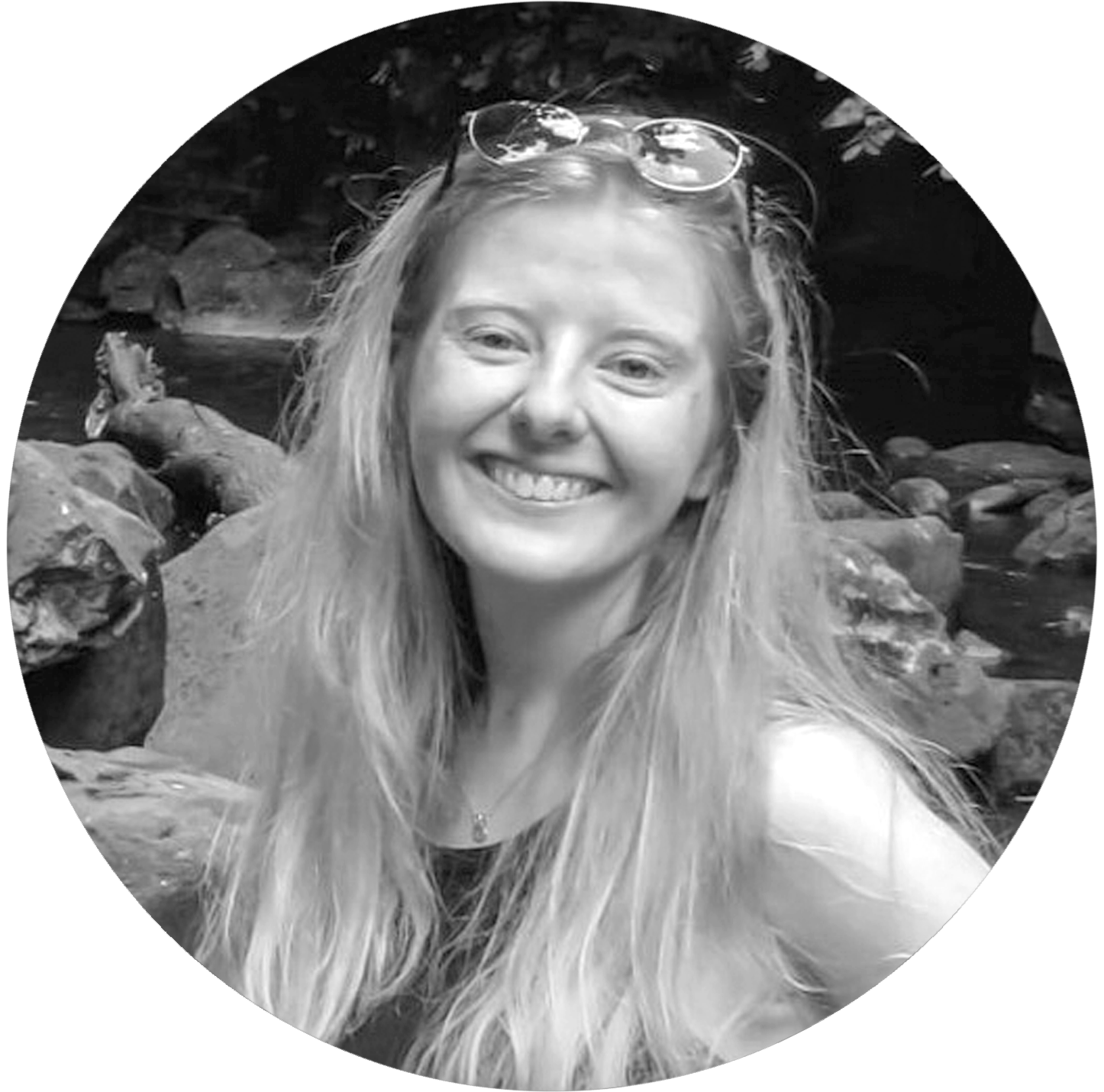
Katie Gilmour
Hub for Biotechnology in the Built Environment (HBBE)
Katie is interested in sustainable research with interdisciplinary themes around microbiology. She recently completed her PhD at Newcastle University, which was a collaboration between geomicrobiology and geotechnical engineering. She investigated the presence, activity, and survivability of microbes in clay intended for use in nuclear waste repositories. Currently she is working as Senior Research Assistant on a range of projects within the HBBE at Northumbria University including e.g. the bacterial cellulose project.
Katie is interested in sustainable research with interdisciplinary themes around microbiology. She recently completed her PhD at Newcastle University, which was a collaboration between geomicrobiology and geotechnical engineering. She investigated the presence, activity, and survivability of microbes in clay intended for use in nuclear waste repositories. Currently she is working as Senior Research Assistant on a range of projects within the HBBE at Northumbria University including e.g. the bacterial cellulose project.
Twenty-minute comfort break
15.00 - 15.30
KEYNOTE PRESENTATION
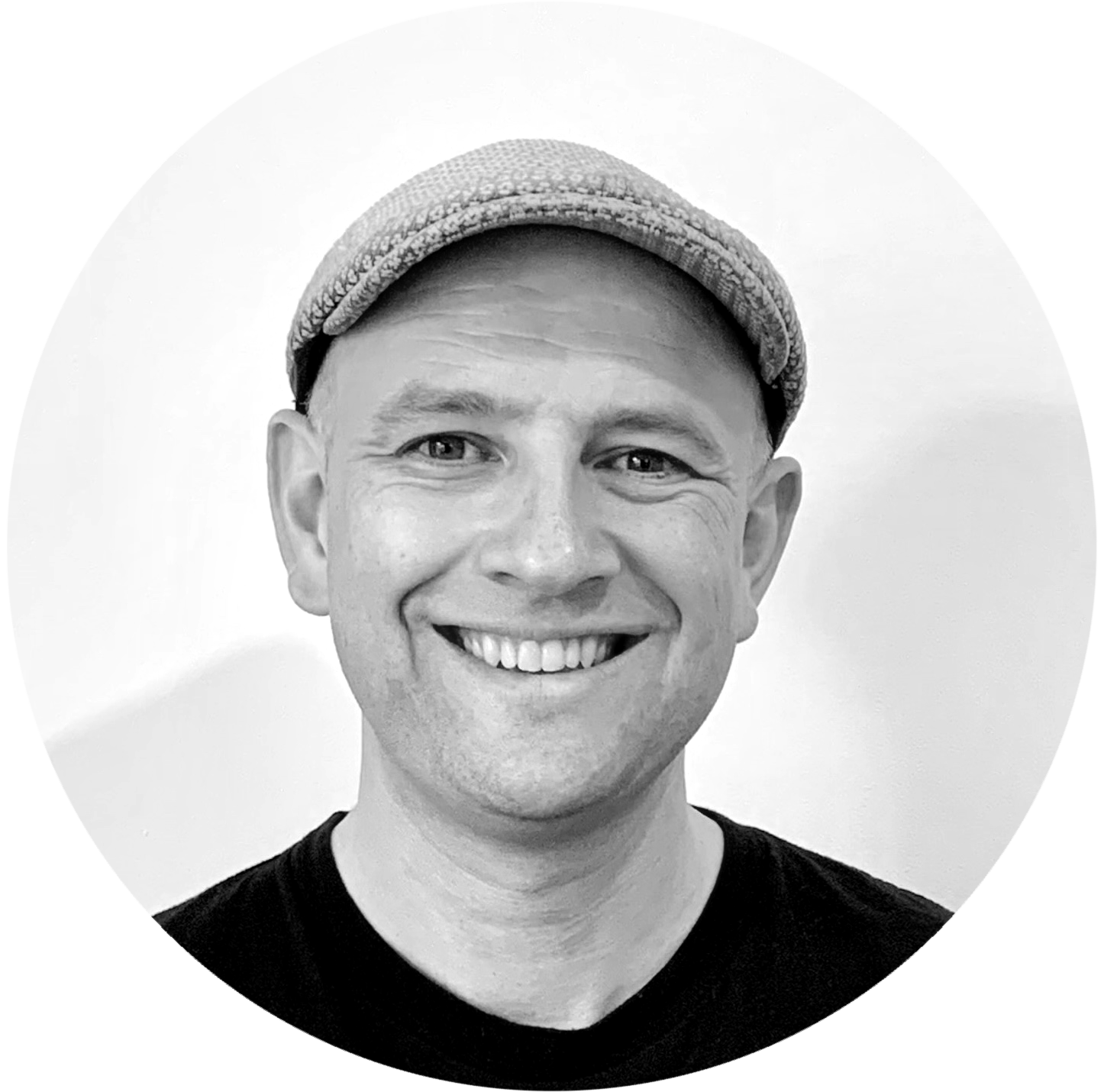
Tom Ellis
Centre for Synthetic Biology and Department of Bioengineering
Imperial College London
Tom Ellis is Professor in Synthetic Genome Engineering at Imperial College London. Tom graduated from Oxford University and has a PhD from Cambridge University. The Tom Ellis Lab develops synthetic biology and genome engineering tools and apply these in projects to make therapeutic cells, biological sensors and functional living materials.
Imperial College London
Tom Ellis is Professor in Synthetic Genome Engineering at Imperial College London. Tom graduated from Oxford University and has a PhD from Cambridge University. The Tom Ellis Lab develops synthetic biology and genome engineering tools and apply these in projects to make therapeutic cells, biological sensors and functional living materials.
15.30 - 16.30
PANEL DISCUSSION
Chaired by Martyn Dade-Robertson (HBBE)

Tom Ellis
Centre for Synthetic Biology and Department of Bioengineering
Imperial College London
Tom Ellis is Professor in Synthetic Genome Engineering at Imperial College London. Tom graduated from Oxford University and has a PhD from Cambridge University. The Tom Ellis Lab develops synthetic biology and genome engineering tools and apply these in projects to make therapeutic cells, biological sensors and functional living materials.
Imperial College London
Tom Ellis is Professor in Synthetic Genome Engineering at Imperial College London. Tom graduated from Oxford University and has a PhD from Cambridge University. The Tom Ellis Lab develops synthetic biology and genome engineering tools and apply these in projects to make therapeutic cells, biological sensors and functional living materials.
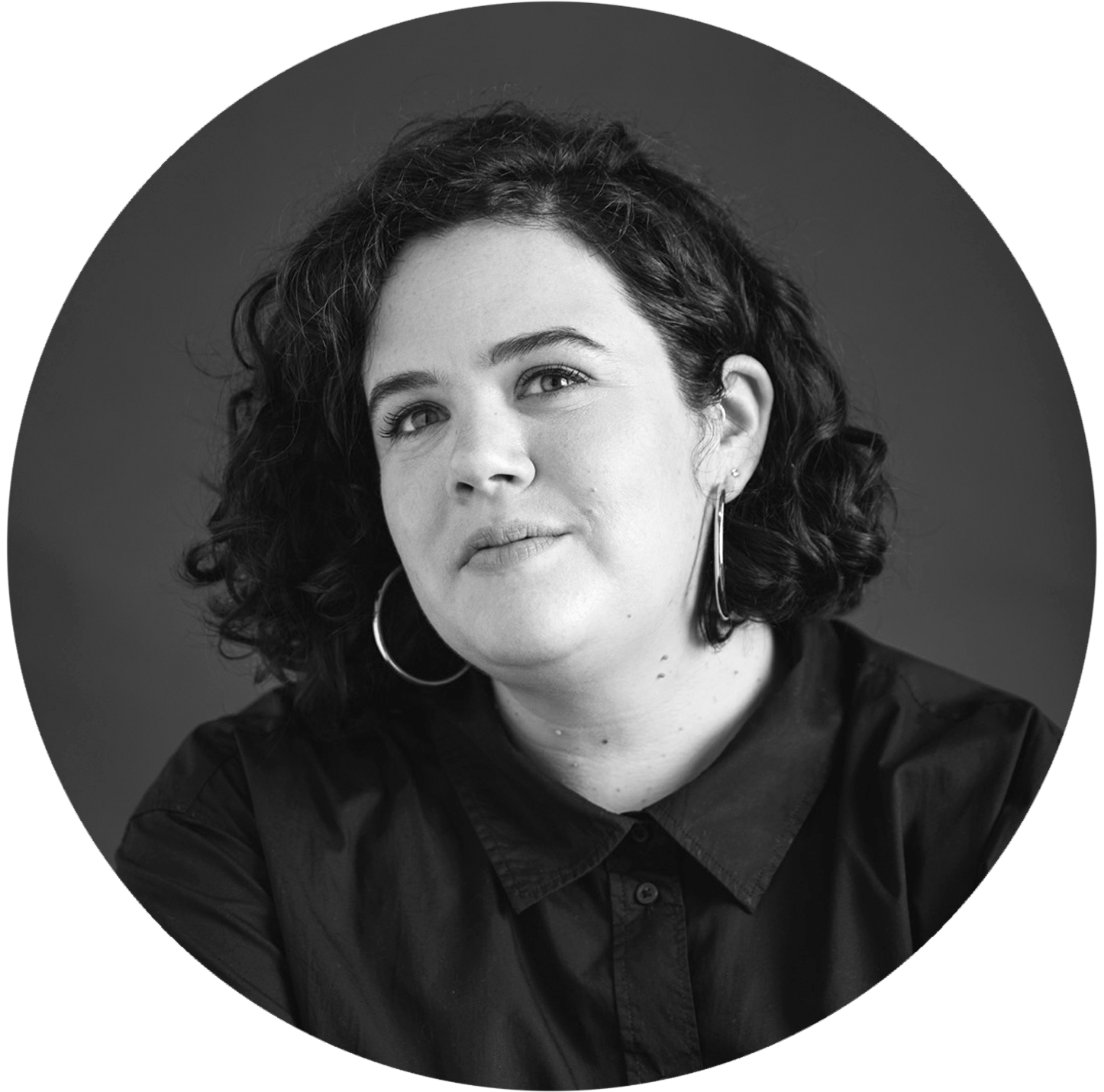
Amy Congdon
Biofabricate
Amy is a designer by training who has been working in the field of biofabrication for over 10 years. She holds an MA in Material Futures and a PhD (‘Tissue Engineered Textiles’) from Central Saint Martins, conducted in collaboration with Kings College London (Tissue Engineering & Biophotonics department, Guys Hospital). Amy is currently Chief Design Officer at BIOFABRICATE.
Amy is a designer by training who has been working in the field of biofabrication for over 10 years. She holds an MA in Material Futures and a PhD (‘Tissue Engineered Textiles’) from Central Saint Martins, conducted in collaboration with Kings College London (Tissue Engineering & Biophotonics department, Guys Hospital). Amy is currently Chief Design Officer at BIOFABRICATE.
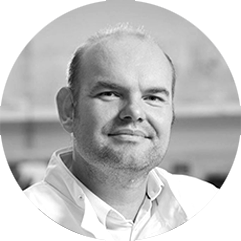
Martyn Dade-Robertson
HBBE Co-director & Professor of Emerging Technology
Martyn is Professor of Emerging Technology at Newcastle University where he specialises in Design Computation with a special interest in emerging technologies particularly Synthetic Biology. He is the Co-Director of the HBBE and has degrees in Architectural Design, Architectural Computation and Synthetic Biology and is the author of over 30 peer reviewed publications including the book: The Architecture of Information published by Routledge in 2011. Currently he is the editor for the forthcoming Routledge book series on Bio Design and has completed the first book 'Living Construction' for publication in 2020.
Martyn is Professor of Emerging Technology at Newcastle University where he specialises in Design Computation with a special interest in emerging technologies particularly Synthetic Biology. He is the Co-Director of the HBBE and has degrees in Architectural Design, Architectural Computation and Synthetic Biology and is the author of over 30 peer reviewed publications including the book: The Architecture of Information published by Routledge in 2011. Currently he is the editor for the forthcoming Routledge book series on Bio Design and has completed the first book 'Living Construction' for publication in 2020.
